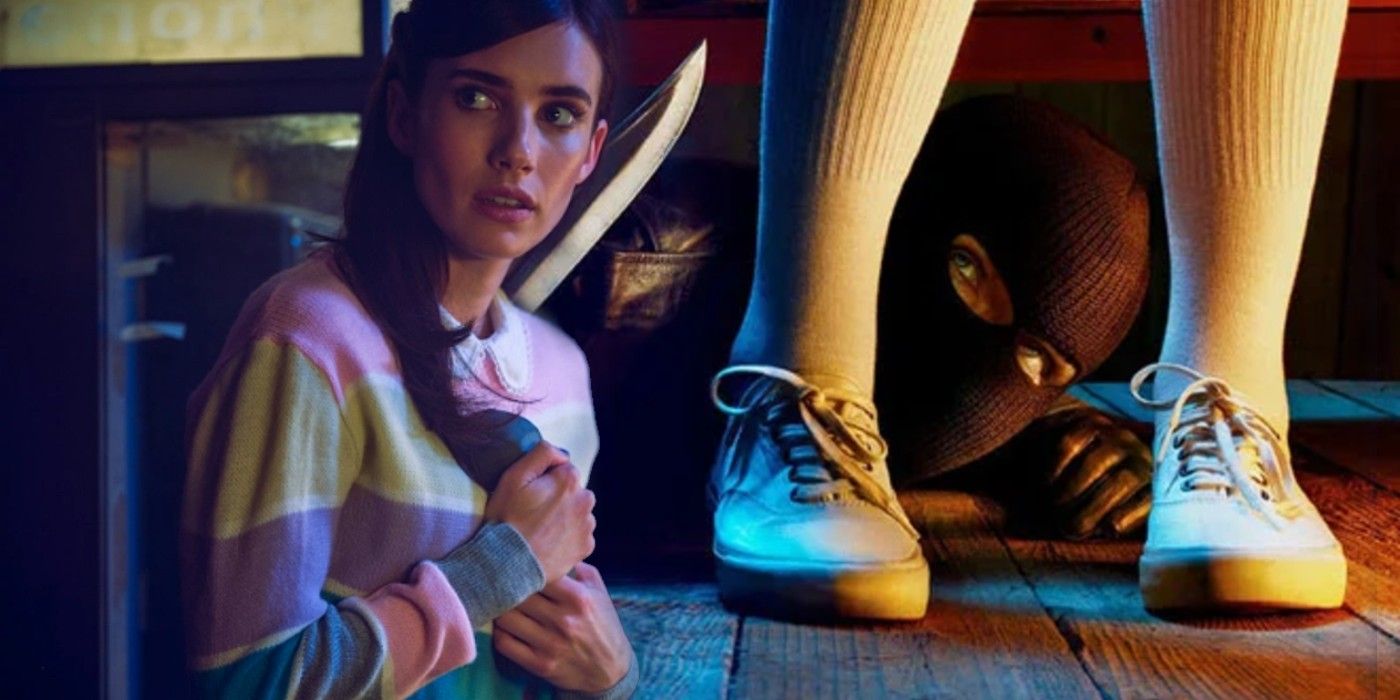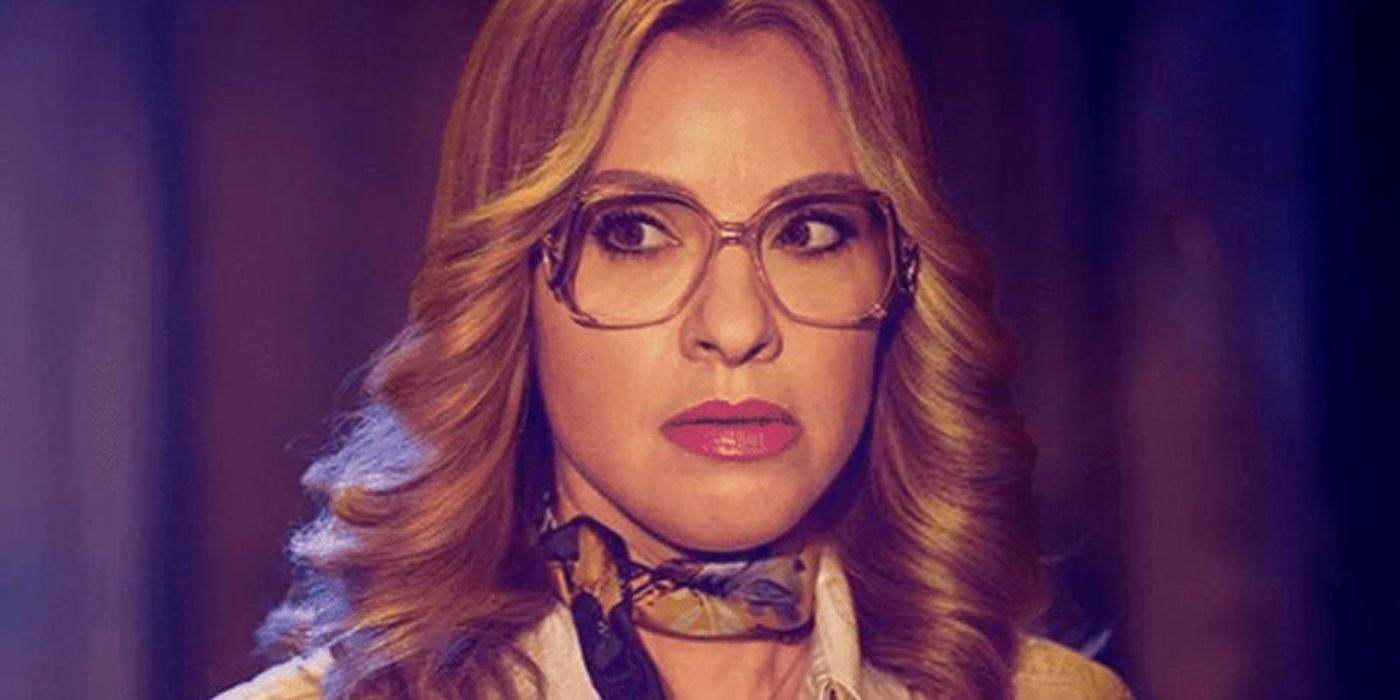Ryan Murphy's American Horror Story: 1984 is considered the weakest season out of the nine he has created to date, but why? American Horror Story season 9 pays homage to classic slashers and an extremely popular setting of the 1980s, which has been proven to work in the horror space within the last decade. When 1984 was initially announced, however, it was revealed that several of the recurring cast members would not return, causing longtime fans of the franchise to grow skeptical. After AHS 1984's initial episodes were released in the fall of 2019, the series' viewership dropped dramatically in comparison to other installments. There are numerous reasons why this happened, and why it's often considered the weakest in the horror anthology.
American Horror Story season 1, Murder House, ignited the popularity of Murphy's horror series and features an exciting cast who would return for several seasons or make surprising guest appearances down the road. In AHS' early years, Jessica Lange was the figurehead of the show, with the veteran actress leaving after season 4, Freak Show. However, it is still common to see names from the beginning and early seasons such as Sarah Paulson, Lily Rabe, Evan Peters, Kathy Bates, Denis O'Hare, and Frances Conroy — who have all still been involved in recent years. As the series progressed into new horror-inspired territory, Emma Roberts, Billie Lourd, Cody Fern, and Leslie Grossman became new staples in the ensemble cast. In fact, these star names encompass the primary cast members of AHS: 1984, but, much to fans' dislike, favorites like Evan Peters and Sarah Paulson did not return for season 9.
American Horror Story season 9 includes several iconic themes familiar to 1980s horror classics such as slasher killers, camping, sex, crazy plot twists, and acid wash denim. In episode 4, "True Killers," there are two twists and numerous major reveals that are all lumped together in less than an hour, highlighting the cramped nature of the series' plot. It's overwhelming as well as confusing, to say the least, and the season doesn't stop there. For that reason, and others, the installment never managed to pick up with long-time fans of the series, and its ratings dropped by the time AHS: 1984 ended.
One of the biggest reasons that many suggest AHS: 1984 is one of the worst seasons is due to Evan Peters and Sarah Paulson's keenly felt absence. However, this does not inherently make or break a storyline, making it entirely possible that fans could be equally as disappointed if they were included. Another reason why 1984 is disliked is due to the series being considered predictable with its use of classic '80s horror tropes. Just as Wes Craven's Scream satirized slasher movies in 1996 for their overuse of predictable situations, Murphy furthered that critique by including popular storylines from the subgenre's greatest hits in AHS 1984.
Yet despite these critiques, AHS: 1984 is actually an underrated gem. Its story is creative and unique while playing on the ridiculous nature of the slasher horror sub-genre. Ray accidentally killed someone and attempted to cover it up, which is reminiscent of I Know What You Did Last Summer. When Margaret confesses to actually committing the murders back in 1970 and Lavinia's (Rabe) son, Bobby, dies while two counselors are having sex, parallels are drawn to Jason Voorhees's mother in Friday The 13th. 1984 is a brilliantly delivered season that was poorly received due to the somewhat serious tone its story gave off; when in fact this decision was undoubtedly meant to satirize slasher movies' ingredients while also respectfully paying homage to tradition from which they came. However, fans were justified in complaining about the use of souls being trapped on the campgrounds, as it's a theme used several times in the series' history and has become bland with repetition.
Ultimately, American Horror Story season 9 is considered the worst season for the same reasons it should be considered one of the best. Fans believe it to be too predictable, but that may have been the intent based on the slasher route Murphy and company choose to take. Satirizing and critiquing horror has been essential to the reinvention and reinvigoration of stale sub-genres in the past; 1984 was Murphy's attempt at doing what horror master Wes Craven achieved in the 1990s. Each season arguably has its faults, but American Horror Story: 1984 in theory deserves more credit than it currently receives.


